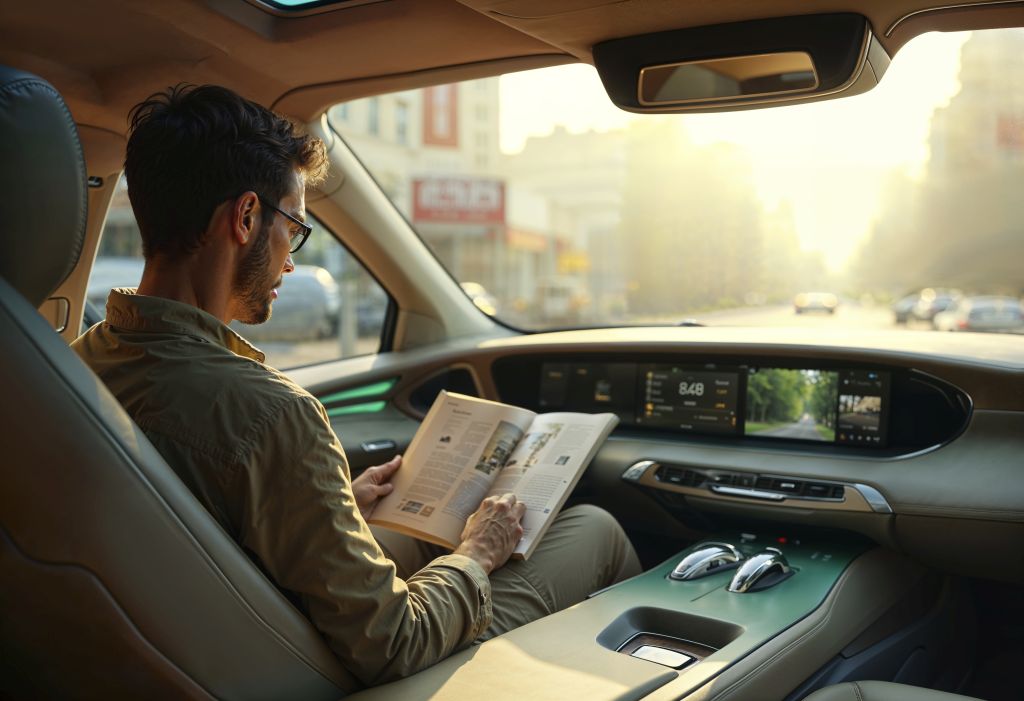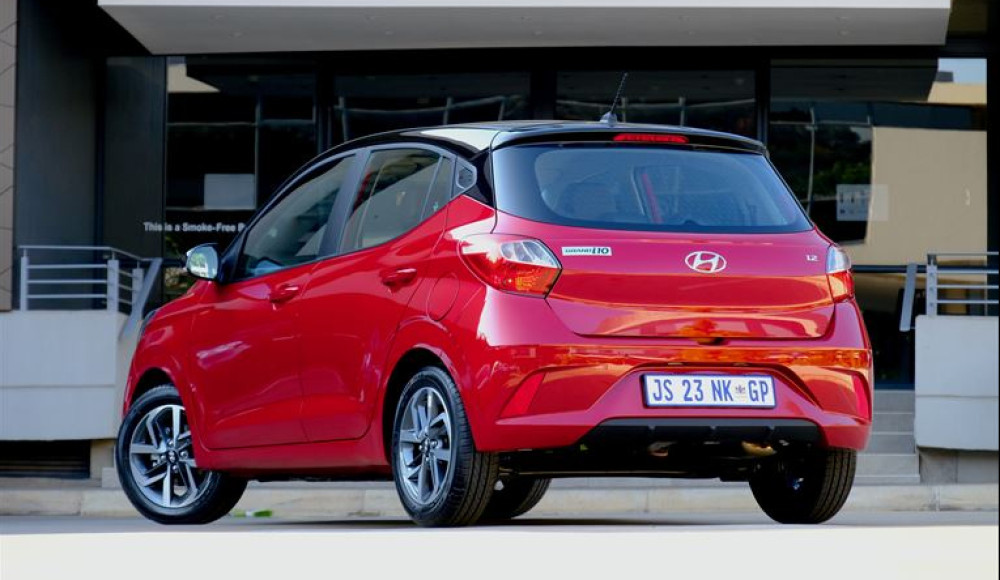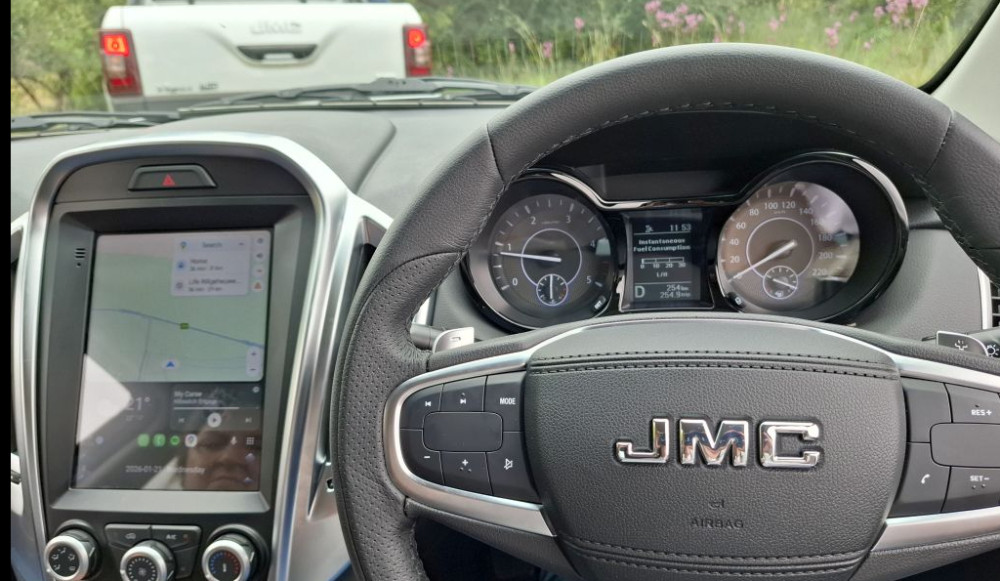A new study has revealed more than half of UK drivers (57%) are apprehensive about the sense of losing control when using self-driving cars. The research, commissioned by HPI, a leading authority on vehicle history checks and valuations, surveyed 2 000 UK adults.
It highlighted nearly half (49%) of motorists are equally troubled by the unpredictable behaviour of other road users.
Interestingly, the poll showed a slight gender divide, with women expressing more concern about a lack of control than men (60% compared to 55%). Other prominent worries included fears of being involved in an accident (41%) and concerns about the general state of UK roads (37,5%).
The study also revealed more than a third (37%) of drivers are uneasy about how driverless cars interact with each other, and an equal proportion (35%) cited a lack of confidence in using the technology. Concerns about potential faults and breakdowns also ranked high, with 35% admitting they would find this a significant worry, while a similar percentage (35%) expressed trust issues with the concept of autonomous vehicles.
Cost remains a concern for 34% of drivers, who assume self-driving cars will carry a hefty price tag compared to conventional vehicles. Meanwhile, only one in five motorists (20%) expressed dissatisfaction with the potential limitations on their driving style, and fewer than one in ten (9%) worried about adhering to speed limits.
 They might not yet be autonomous but we have a superb range of pre-owned vehicles - click here
They might not yet be autonomous but we have a superb range of pre-owned vehicles - click here
The generational divide in trust levels towards driverless technology was stark. Younger drivers aged 18 to 26 were two and a half times more likely to trust autonomous vehicles (26%) compared to drivers aged 55-64 (13%) or those over 65 (10%).
This comes as the Automated Vehicles Act (AV Act), passed into law in May 2024, sets the stage for autonomous vehicles on UK roads by 2026. The legislation outlines safety protocols, data security measures, and insurance frameworks to enable this technological leap.
Matt Freeman, Managing Consultant at HPI, commented: “Fully autonomous vehicles could be on UK roads as early as 2026, and the results of our study are encouraging. Drivers appear open to embracing the technology, with trepidation levels relatively moderate, especially given that the vehicles are not yet in operation. Driverless cars represent the most significant technological shift in the automotive sector for decades, and it’s especially exciting for younger generations.
“Our research highlights public attitudes towards self-driving cars are evolving. The growing acceptance of artificial intelligence in daily life and years of experience with semi-autonomous features like adaptive cruise control and lane assistance seem to be fostering confidence. It’s an exciting time for motoring as we edge closer to this groundbreaking innovation.”
As the countdown to 2026 begins, it remains to be seen how UK drivers will adapt to sharing the road with driverless vehicles. However, this study suggests a cautious yet growing optimism for this technological revolution.
Colin Windell for Colin-on-Cars in association with
proudly CHANGECARS












